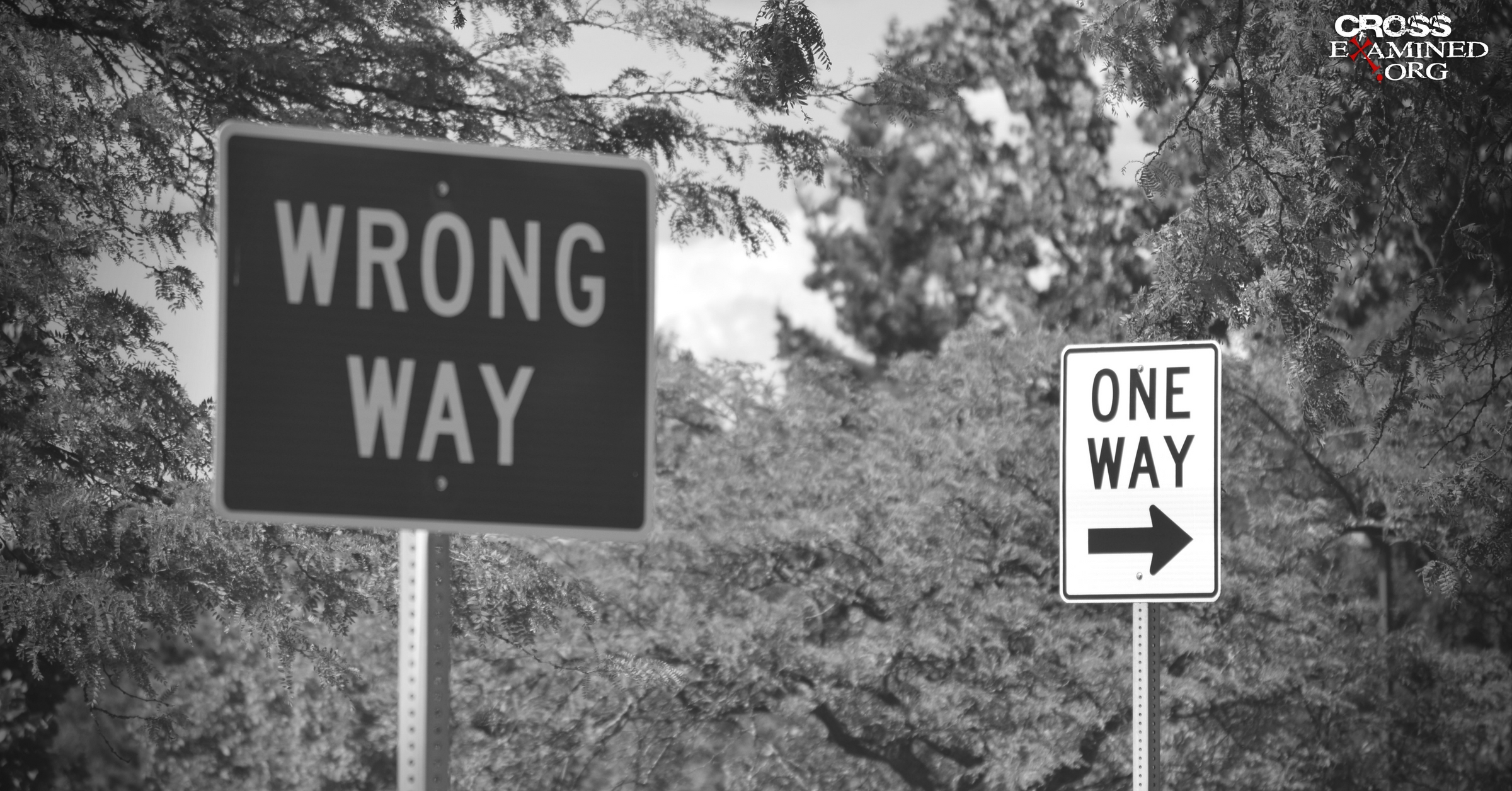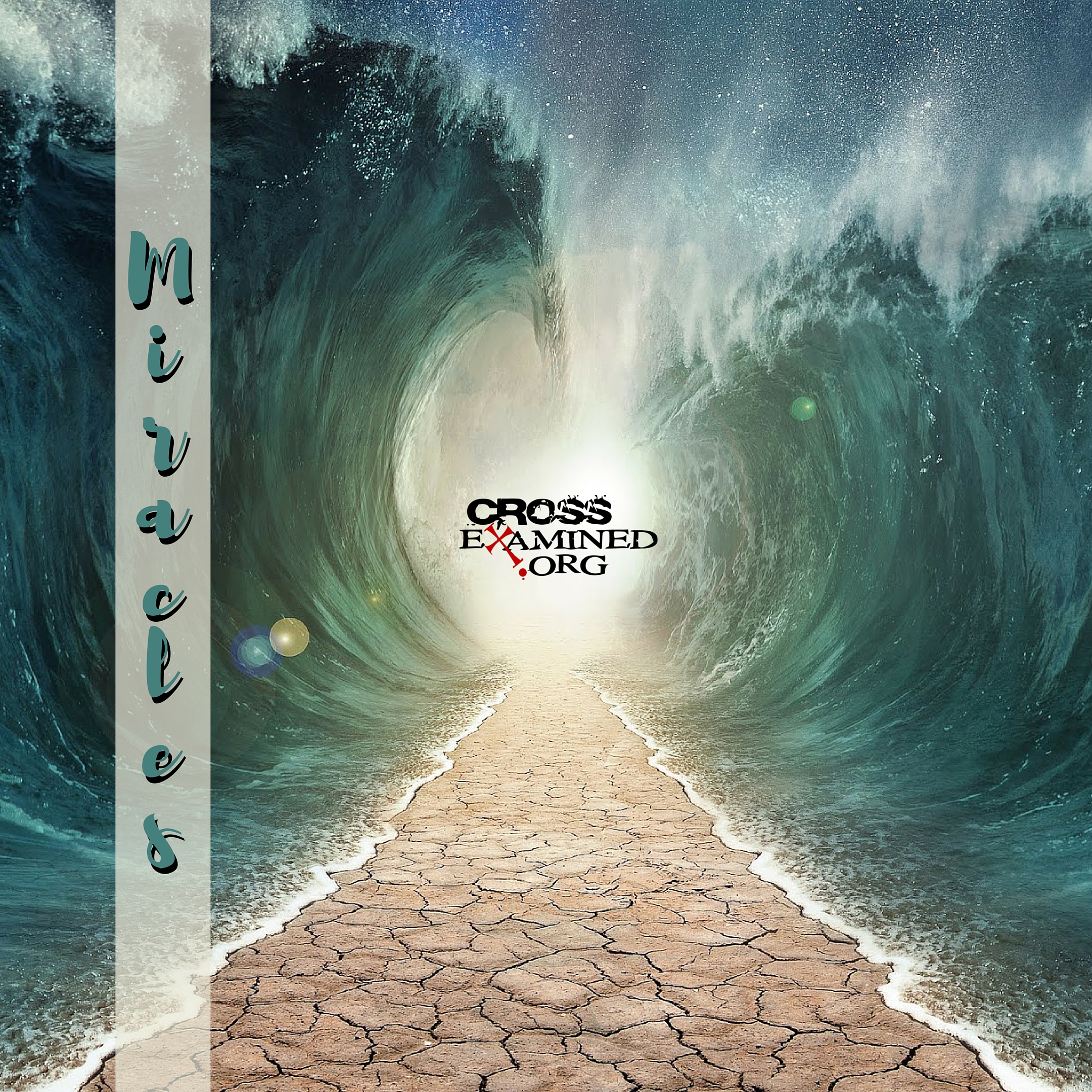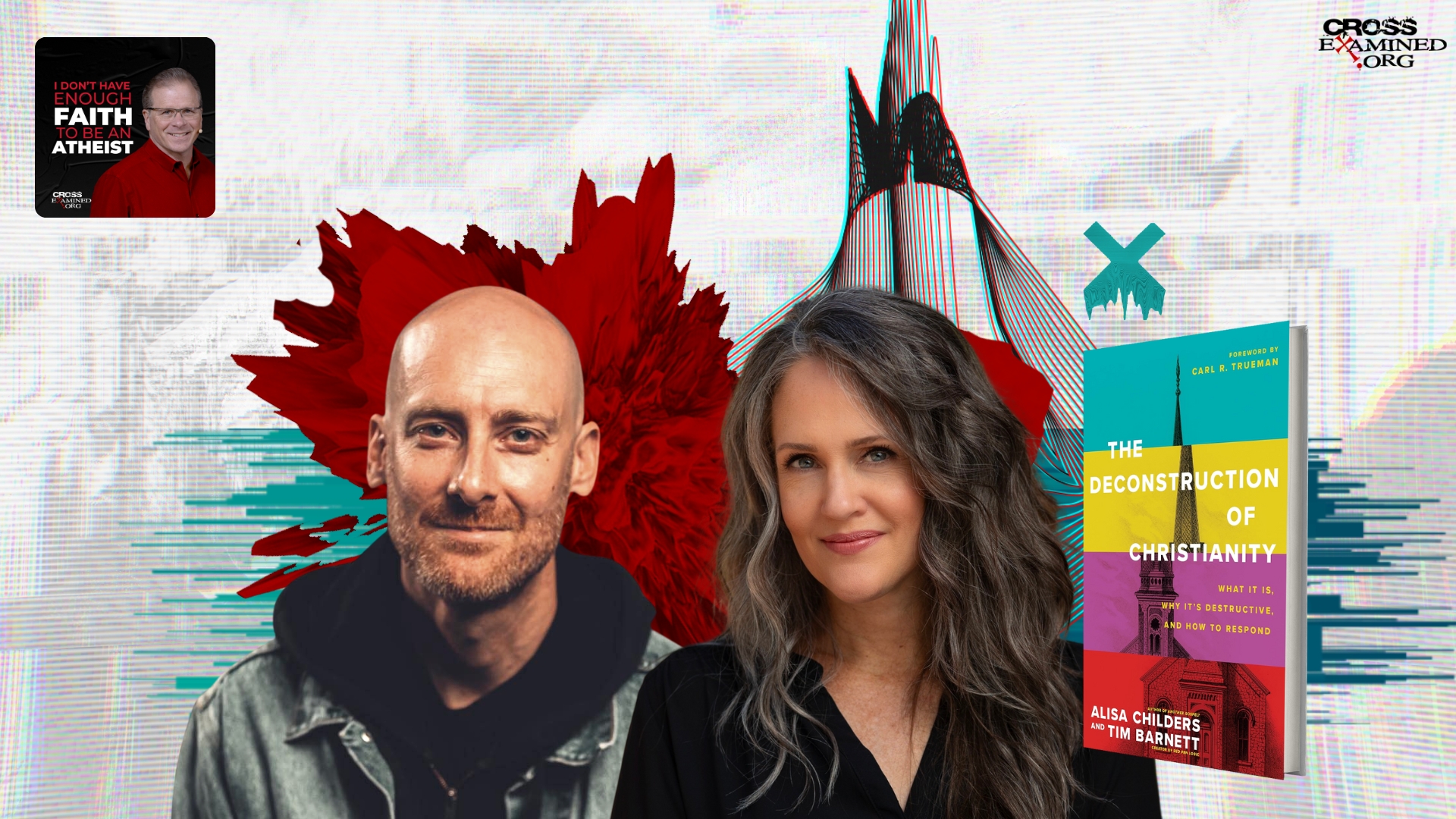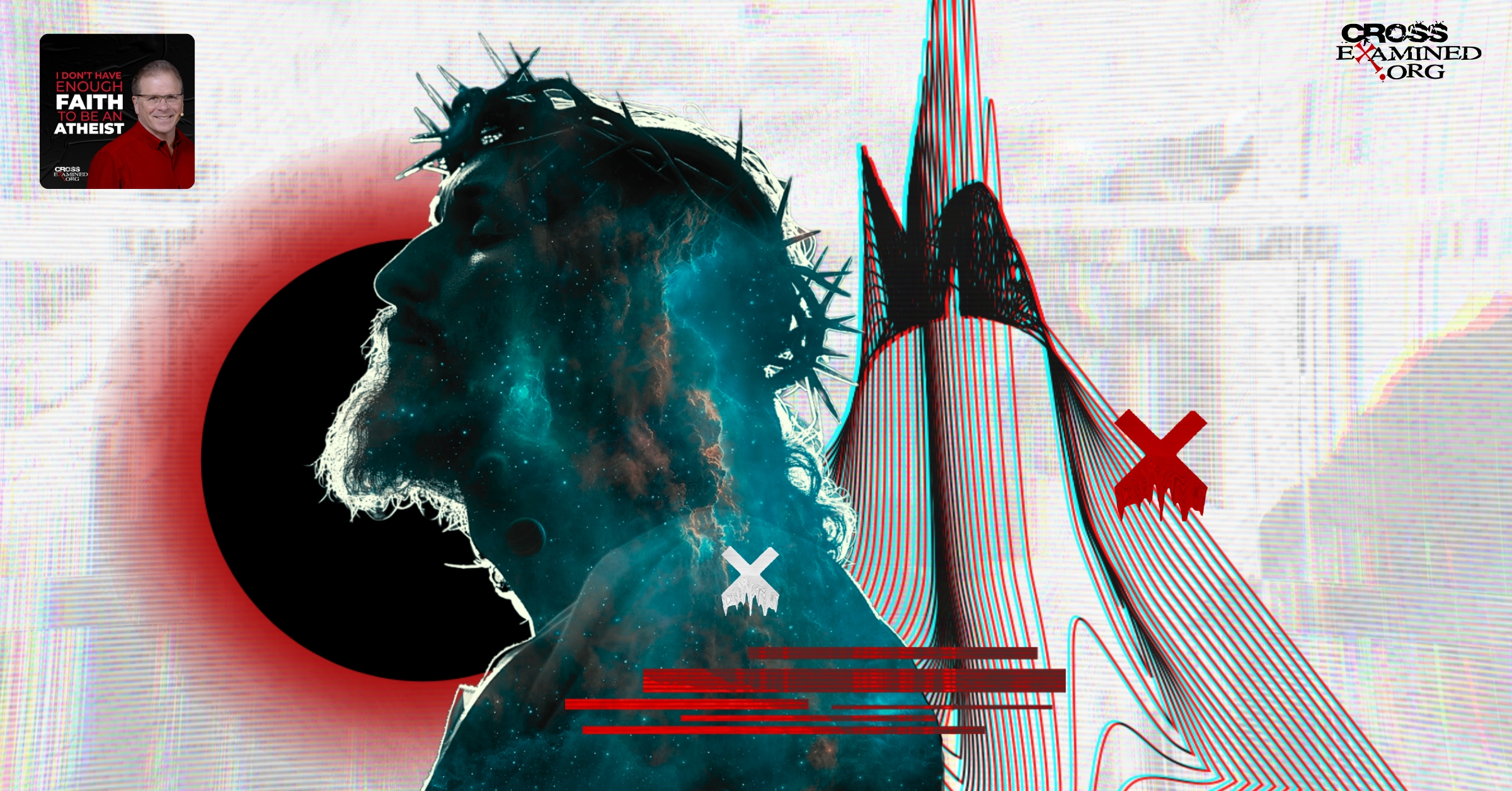Right Behavior. Does It Exist?
[et_pb_section fb_built=”1″ admin_label=”section” _builder_version=”3.22″ global_colors_info=”{}”][et_pb_row admin_label=”row” _builder_version=”3.25″ background_size=”initial” background_position=”top_left” background_repeat=”repeat” global_colors_info=”{}”][et_pb_column type=”4_4″ _builder_version=”3.25″ custom_padding=”|||” global_colors_info=”{}” custom_padding__hover=”|||”][et_pb_text admin_label=”Text” _builder_version=”4.11.0″ background_size=”initial” background_position=”top_left” background_repeat=”repeat” hover_enabled=”0″ global_colors_info=”{}” sticky_enabled=”0″]
By Michael C. Sherrard
How do you know if your idea of right behavior is truer than mine? I ask, of course, because nearly every day I’m confronted, as are you I’m sure, by someone who insists that they are right and I wrong about how to live. Arguing is native; it’s the air we breath. The article you read before this one was likely someone arguing that their view of right behavior is better than another’s and that you should fall in line. Everyone has uttered the words “that’s not fair, or “right” or “good”, be it about something like eating the last piece of cake or whether or not to bake a cake with a message on it you find objectionable. So if we agree, then, that it is obvious that people believe there is behavior that is better than other behavior, how can we have any confidence that our behavior is the good one?

Well, there is only one way to have confidence at all, and it is this – right behavior must actually exist. It must be a place we can arrive at, a destination of sorts. C.S. Lewis explained this well in Mere Christianity, perhaps my favorite book of all time. He wrote, “The reason why your idea about New York can be truer or less true than mine is that New York is a real place, existing quite apart from what either of us thinks.” As it is true of ideas about New York, it is also true of ideas about behavior. There must be a real right way to live and a real wrong way to live for our ideas about behavior to be truer or less true than another’s. For it would be nonsense to argue about something that doesn’t actually exist.
Indeed, there must be something official, something authoritative, some standard of good behavior that really exists that one’s behavior more closely aligns with than another’s for one’s behavior to be right and the other wrong. This is quite simple isn’t it. Such an obvious fact of reality. Fighting about beliefs assumes their are right and wrong beliefs. But of course, you know the next question this brings. What is this standard with which we judge beliefs about good and bad behavior and from where did this standard come?
I suppose, of course, we could abandon all together the notion that right and wrong exist and give up arguing. But to even get there, we would need to argue if that is the right thing to do. It seems we are stuck. If we are going to continue to fight about whose beliefs of right behavior are best, we also must have a talk about whose standard for judging behavior is best.
I don’t think I’ll take this space to explore this thought any further and try to settle what’s the best standard for judging behavior. Rather, let me just end by insisting that we recognize the obvious fact that our arguing about behavior presupposes that there exists some standard of good and bad behavior. It is probably a healthy exercise for all people to reflect on their standard. How did you come by it? Who told you it was the standard? And most importantly, why is your standard sufficient to be the authoritative source of moral judgement? Regardless of what side of an issue you find yourself in the future, remember that you share common ground with your opponent. You are each trying to conform yourself and others to some standard. Which brings one last question to my mind. Why on Earth should anyone obey your standard? Why is it worth my allegiance? Perhaps a time out is in order so that all parties can reflect on these kinds of questions before resuming the incessant declaration’s of “I’m right!”
Recommended resources related to the topic:
Stealing From God by Dr. Frank Turek (Book, 10-Part DVD Set, STUDENT Study Guide, TEACHER Study Guide)
Legislating Morality: Is it Wise? Is it Legal? Is it Possible? by Frank Turek (Book, DVD, Mp3, Mp4, PowerPoint download, PowerPoint CD)
Is Morality Absolute or Relative? by Frank Turek (DVD/ Mp3/ Mp4)
Was Jesus Intolerant? (DVD) and (Mp4 Download) by Dr. Frank Turek
__________________________________________________________________________________________________________________________________________________
Michael C. Sherrard is a pastor, the director of Ratio Christi College Prep, and the author of Relational Apologetics. Booking info and such can be found at michaelcsherrard.com.
Original Blog Source: http://bit.ly/2xAE9Vf
[/et_pb_text][/et_pb_column][/et_pb_row][/et_pb_section]












Leave a Reply
Want to join the discussion?Feel free to contribute!